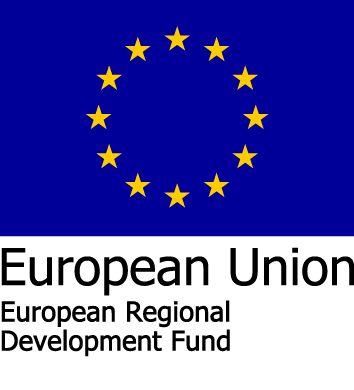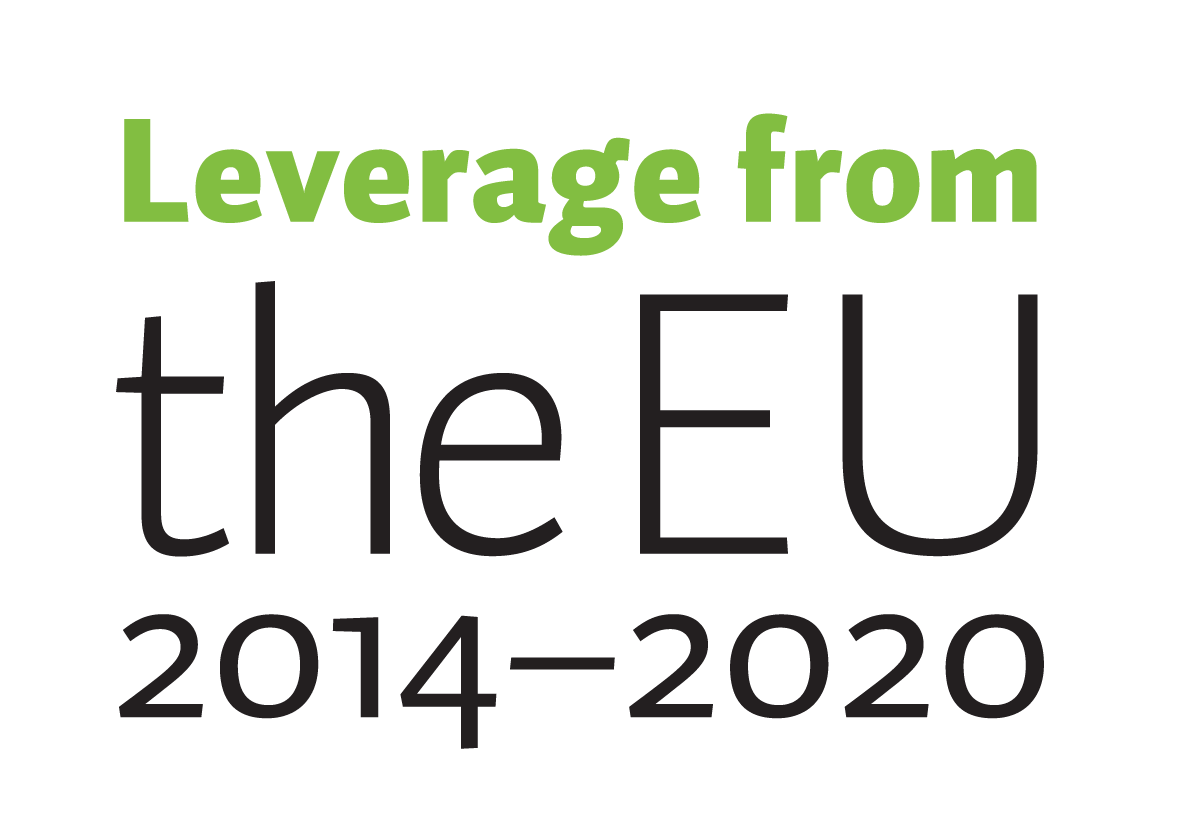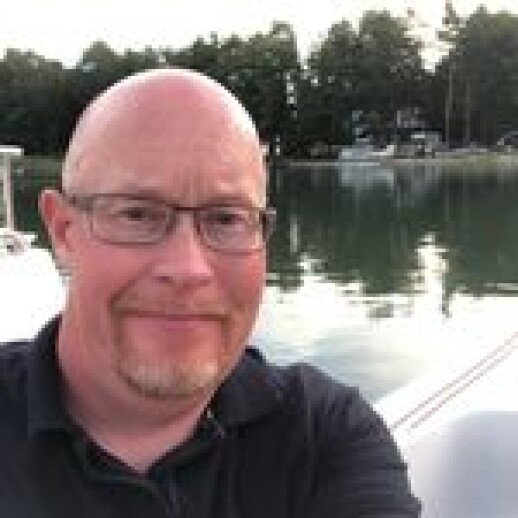Food Sector and Circular Economy
Brahea Centre has a significant role in the developmental work aiming to improve the competitiveness of small and middle size food companies locally, nationally and also in the Nordic and Baltic Sea regions.
Local Food Enterprises and News
Projects

Small ports provide improved services in the central Baltic Sea region
In the past years, various projects have worked to improve the safety and infrastructure of small ports. Now experts from Finland, Sweden, Estonia and Latvia have joined their forces to develop better services in the small ports of the central Baltic Sea region. The focus of the CBSmallPorts project is on energy efficiency and joint marketing of the area.
Enhancing the energy efficiency of small ports
The CBSmallPorts project aims at supporting the sustainable development of small ports in the Central Baltic region with environment-friendly activities and investments. Enhancing the energy efficiency of the ports – both the energy supply and its use by boaters, as well as other small port users – is the key of all activities. Several small ports have established activities and investments for safety and resource efficiency, but need tools to take a step further in developing the ports and to market the services to the target groups efficiently.
Reaching the small port users and improving the services
Regardless of the location in the Baltic Sea area, the challenges of the small ports seem to be similar: the short duration of the sailing season with the competition of boaters’ time as well as limited skills and financial resources for port development. Therefore, cooperative actions and comprehensive online platforms bring value to all users and operators in the region.
Investments in small ports located on the Finnish Sea of Archipelago include such activities as the renovation of the sauna buildings in Seili small boat port, and the purchase and installation of new floating piers and solar panels in Airisto Strand small boat port in Parainen.
In addition to actual concrete investments and gadgets necessary in the development of the small ports in the Central Baltic region, a platform for collecting and marketing the services is needed. The aim of CBSmallPorts is to gather all the relevant information into one reachable platform. Instead of different separate web apps, the project will collect the data into a common online platform called “SmallPorts”, combining the information for different audiences, such as boaters, other service users and small port owners. All small ports and their services will also be presented in boat shows in Helsinki, Stockholm and Düsseldorf.
The strength of cross-border cooperation
The CBSmallPorts project has brought together ten organizations and operators from four countries in the Central Baltic area. The partnership consists of universities, municipalities, companies as well as national and regional development centers. The expertise of project partners varies, which is a notable advantage for the project and gives the possibility to approach the challenges of small ports from various angles.
Central Baltic CB SmallPorts
CB845 CBSmallPorts - Energetic small ports in Central Baltic region - is funded by the Interreg Central Baltic Programme, with an ERDF budget of 1.875.000,- euros. UTU partner budget is altogether 152.000,- euros, which of 114.000,- euros is ERDF. Projects total budget is 2.364.000,- euros altogether. The project is led by Satakunta University of Applied Sciences, which is responsible of the project management and its communication. Other Finnish partners are University of Turku and its Brahea Centre, South-Eastern Finland University of Applied Sciences and Airiston Matkailukeskus Ltd. Rest of the partners come from Estonia, Latvia and Sweden. As an associated partner, Finnish Sailing and Boating Federation is also involved. All partners work with energy efficiency, green investments and marketing tasks. They will work together for energetic small ports in the Baltic Sea region, from March 1. 2020 until 30. November 2022.
Project website: sub.samk.fi/projects/cb-small-ports/
Contacts:
Project Expert Veijo Pönni
Brahea Centre / University of Turku
E-mail: veijo.ponni@utu.fi
Phone: +358 50 542 6747
Project manager Minna Keinänen-Toivola
Satakunta University of Applied Sciences, Finland
E-mail: minna.keinanen-toivola@samk.fi
Phone: +358 44 710 3063



Abstract
Food Hub - experiencing local food project’s aim is to improve consumers' and HoReCa companies' access to local food and food experiences. The main goal is to diversify and increase local food and the sales and districution channels of travel SMEs (small and medium-sized enterprises) by developing a new Food Hub concept, which can be duplicated to other city regions too. Food and travel SMEs have suffered from COVID-19 restrictions concerning the HoReCa and event industries. Their sales have decreased abundantly and they need new business opportunities and distribution channels to replace the losses.
Digitalisation and changes in consumer behaviour increase the market of local food and direct sales. Consumers are interested in local food and this trend is still growing. The insecurity of global food chains and concern of food supply security foster this development. Food Hub makes buying and experiencing local food easier to all consumers and at the same time it offers local food SMEs from different backgrounds a digital online sales tool and better access to consumer markets. In addition to this, the Food Hub concept decreases the environmental and climate footprint of the food chain.
The project pilot is to test and develop a new sales and distribution channel, Food Hub, in the city region of Turku. Food Hub is the place where local residents, HoReCa companies and tourists can buy and experience local food products and services. Every activity of this project will be supported and the horizontal principals of equality, parity and sustainable development will be taken into account.
Consumers want high quality and user-friendliness also from local food products, yet the products of local food SMEs are not currently answering this need. The degree of processing of their products is low and the SMEs need a lot of education and help to upgrade their products to fulfill the consumers’ needs. The main activities of this projects are to promote the skills concerning food development, productisation and creating new products of local food SMEs.
Due to this project’s activities, the sales and distribution channels of local food and travel SMEs will diversify and the profitability of their business will improve. The project also seeks to increase the co-operation of local SMEs and to create new food product innovations. Food experiences are a vital part of local food culture and the activity of Food Hub. New food start-up companies will form. Consumers and HoReCa companies will actively buy local food products and food experiences from Food Hub and they will continue to use Food Hub also after the project. Food Hub has a great potential to succeed in the city of Turku, because Turku is known for its vital food culture and gastronomy. Turku is also the “capital” of Southwest Finland’s food region.
The project’s coordinator is University of Turku Brahea Center and partner is the city of Turku.
More information
Publications
>> Guidelines for Sustainable Harbour Development
The Sustainable Gateways (SG) project developed small boat harbors located in national parks and nature reserves in the Finnish (4 harbors) and Swedish (3 harbors) outer archipelagoes. With the project's support, these harbors became more sustainable and more attractive as gateway destinations for boaters. Project website.
For more information contact Veijo Pönni, veijo.ponni@utu.fi.
Past projects
BATSECO-BOAT project is now concluded and targets were exceeded!
BATSECO-BOAT –project aimed to improve the sewage-collecting network built for leisure crafts and located on the Central Baltic region, from the coast of Estonia to Finnish and Swedish archipelagos. In addition to this, project aimed to find user-friendly and cost-effective solutions for maintaining the sewage-collecting network.
Despite that releasing of sewage into surrounding waters was forbidden in Finland ever since 2005, according to a study conducted in 2016 by University of Turku and Keep Archipelago Tidy, almost 50 per cent of boaters still do release occasionally their sewages into surrounding waters. Reason for this was the lack of sewage collecting stations and poor usability of the existing stations. These are the challenges in which BATSECO-BOAT project aimed to respond.
Acquiring new sewage collecting stations for leisure boaters decreases also eutrophication of the Baltic Sea and improves the service level of small boat ports, and thus contributes positively to maritime tourism business.
Project’s results
BATSECO-BOAT project’s main results were the eleven new pump-out stations acquired with the support of Interreg Central Baltic program. Five of these new floating pump-out stations are located on the Sea of Archipelago in Finland. Two floating stations are located in Norrtälje archipelago in Sweden, and last four fixed pump-out stations are located in small boat ports on the northern coast of Estonia. In addition to this, nine old floating pump-out stations located on the Sea of Archipelago in Finland were renovated by the project. It is expected that these stations will last still for a decade in operational use. Altogether, sewage-collecting services were improved in 20 locations, which is two locations more than what was originally planned.
In addition to concrete investments, BATSECO-BOAT project produced also substantial amount of useful information to support decision making when investing in similar kind of collecting systems. This information includes such studies as the movements of leisure boats in Norrtälje archipelago, chemical analyses of sewage collected from leisure crafts, and practical guidelines for making similar kind of investments into sewage collecting technology. All reports produced by BATSECO-BOAT project are freely available from the projects website in address: www.batseco-boat.eu
Project consortium, schedule and financing
BATSECO-BOAT project was coordinated by Lead Partner University of Turku and it’s Brahea Centre. The other Finnish project partner was Keep Archipelago Tidy association, also from Turku. Project partners from Sweden were Ecoloop AB, Campus Roslagen and municipality of Norrtälje. From Estonia, project partners were Hoia Eesti Merd (Keep the Estonian Sea Tidy) and municipality of Viimsi.
The project was implemented during 2018-2020 and it was financed by EU’s Interreg Central Baltic program. Total budget of the project was 1,48 million euros, which of 1,14 million euros were ERDF from Central Baltic program and own co-financing from project partners was 0,34 million euros. Finnish project partners received also national co-financing of 0,12 million euros.
More information: Veijo Pönni
veijo.ponni@utu.fi / +358 50 542 6747



